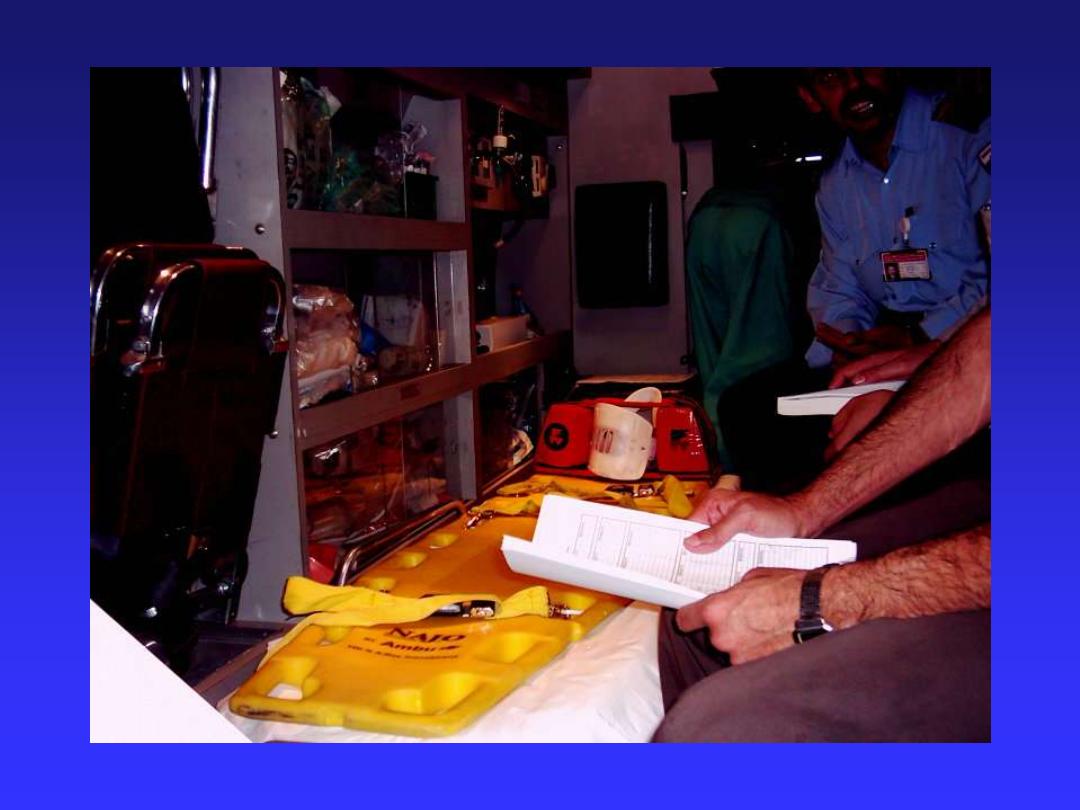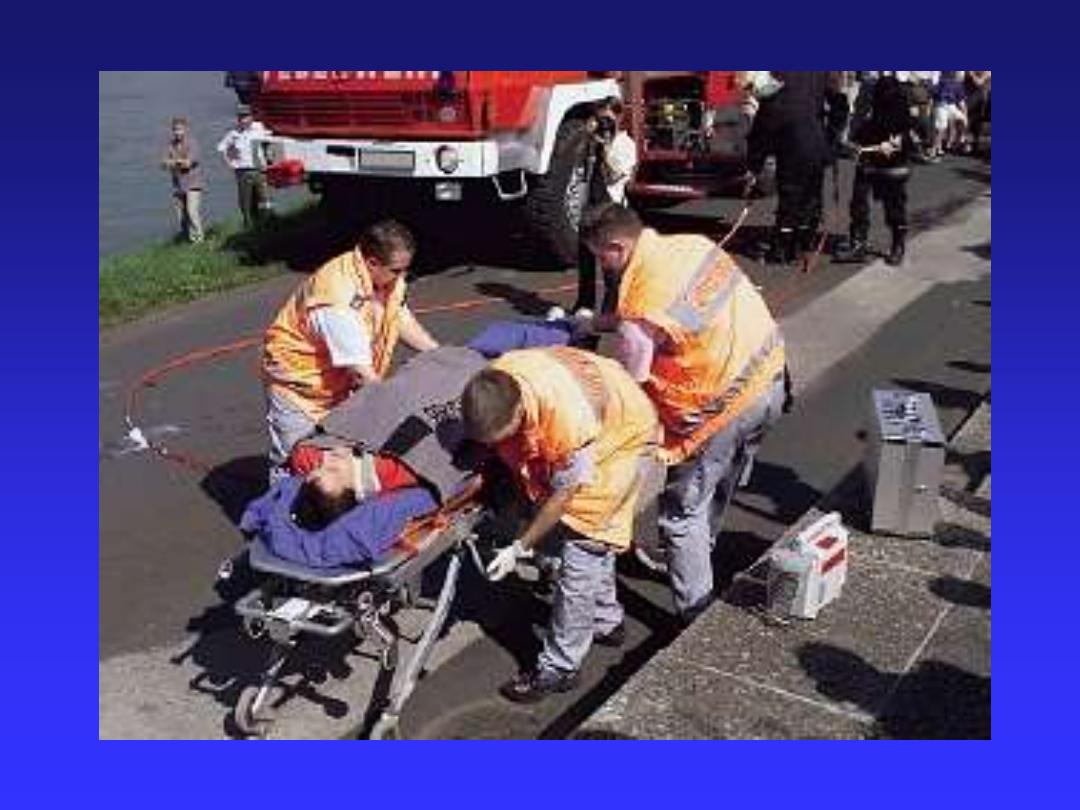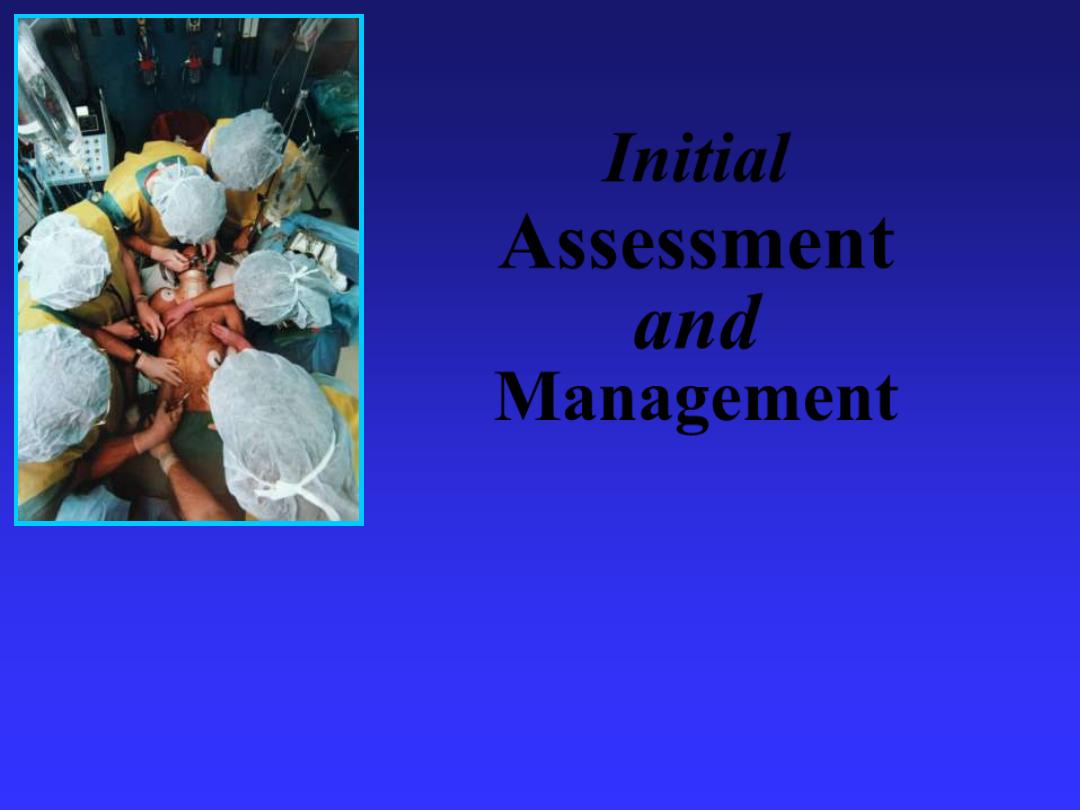
Initial
Assessment
and
Management
Dr. Omar Salem Khattab
General and Transplant Surgeon
Baghdad University
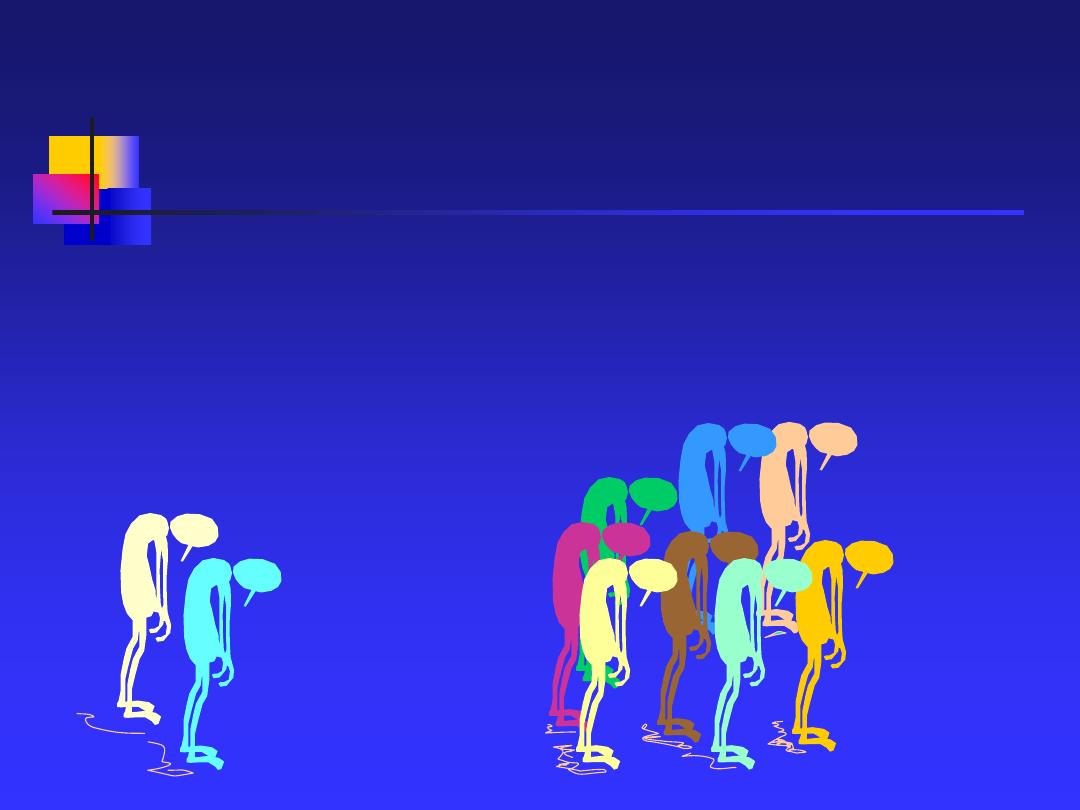
Triage
Sorting of patients according to
ABCDEs
Available resources
Multiple
Mass

Special Considerations
< 5y – >50y
pregnant women
Cardiac disease , respiratory disease
DM, cirrhosis
Morbid obesity
coagulopathy
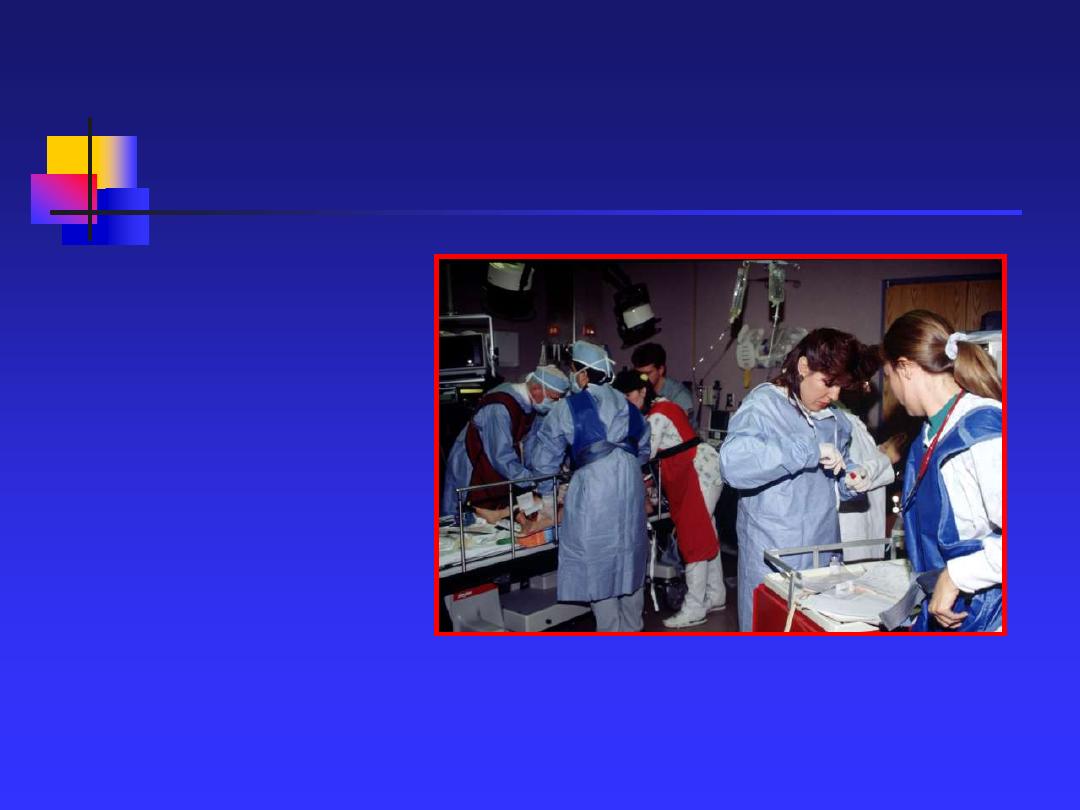
Standard Precautions
Cap
Gown
Gloves
Mask
Shoe Covers
Goggles / face shield
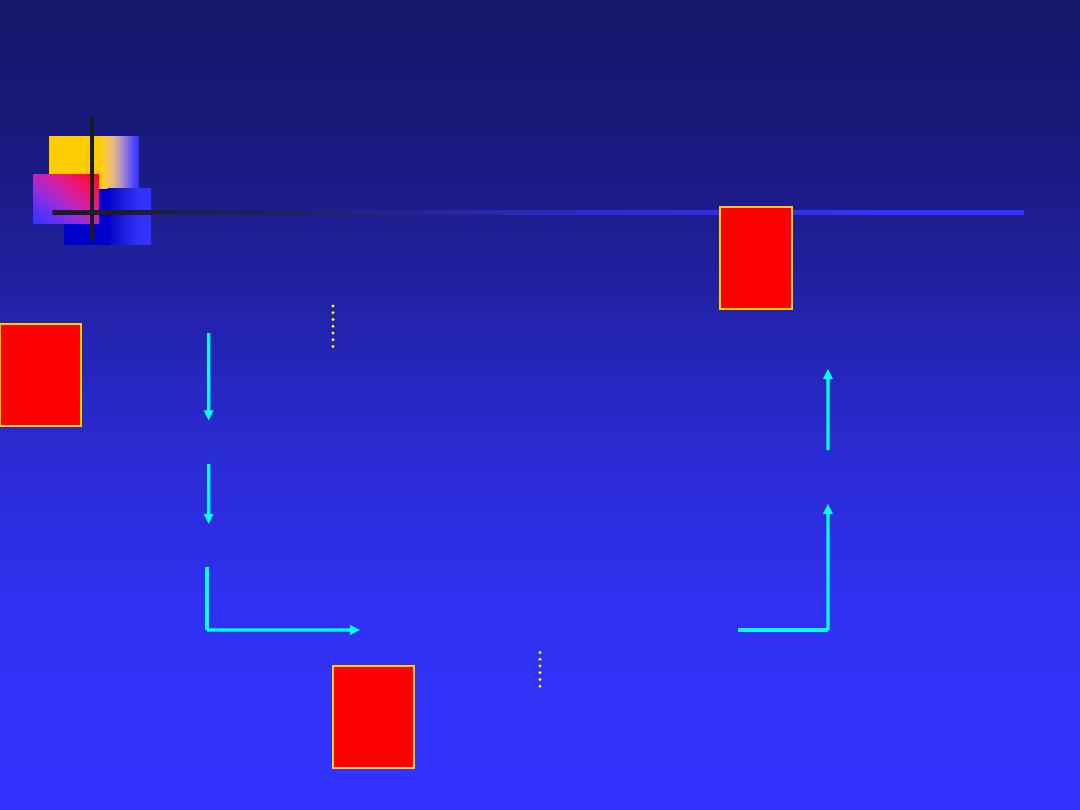
Concepts of Initial Assessment
Resuscitation
Definitive Care
Reevaluation
Primary Survey
Adjuncts
Adjuncts
Detailed
Secondary
Survey
Reevaluation
1
2
3
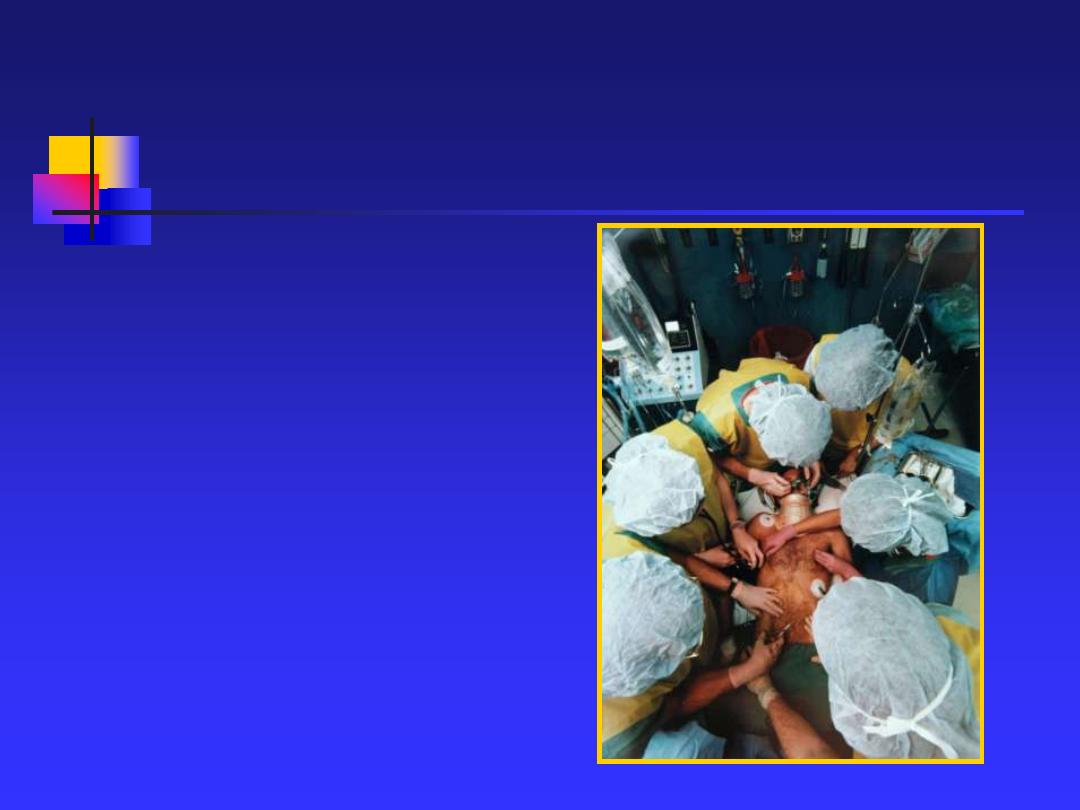
Primary survey
and resuscitation
of vital functions
are done
simultaneously in
a team approach.

Primary Survey
A
A
irway with c-spine protection
B
B
reathing /
ventilation / oxygenation
C
C
irculation with hemorrhage control
D
D
isability (neuro status)
E
E
xposure / Environment (body temp)
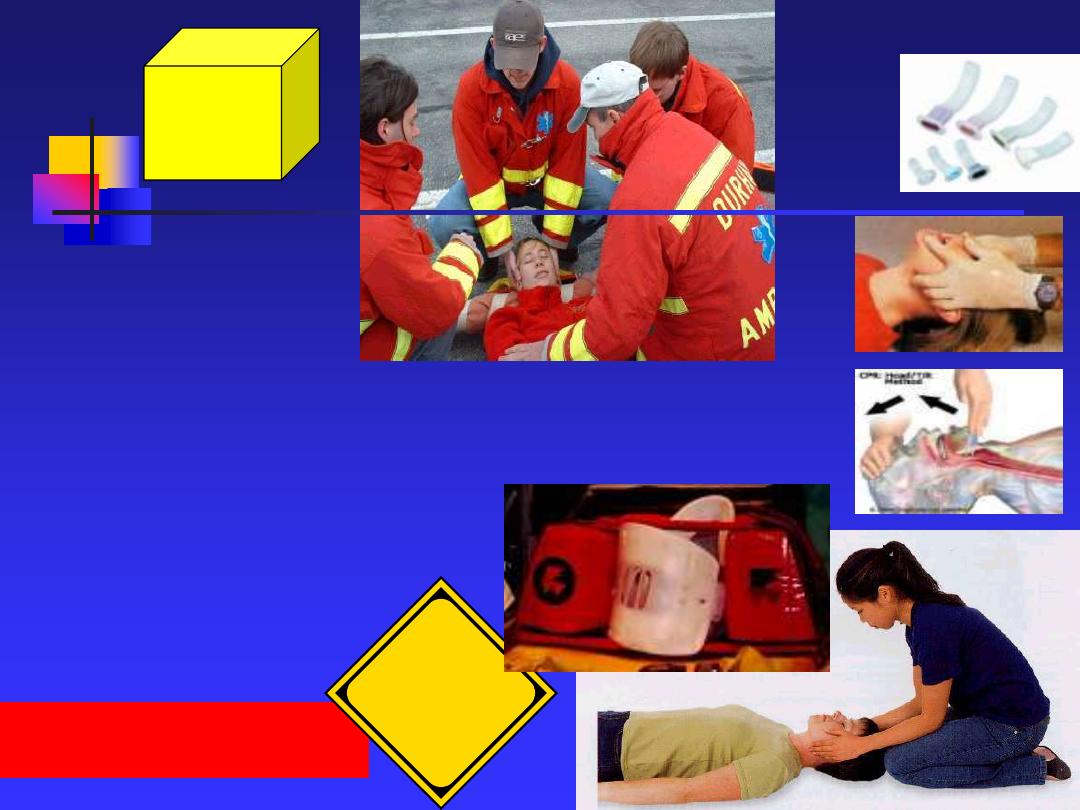
Identify yourself
Ask the patient his / her name
Ask the patient what happened
A
Protect c-spine
Primary
Survey
Caution
Establish patent airway
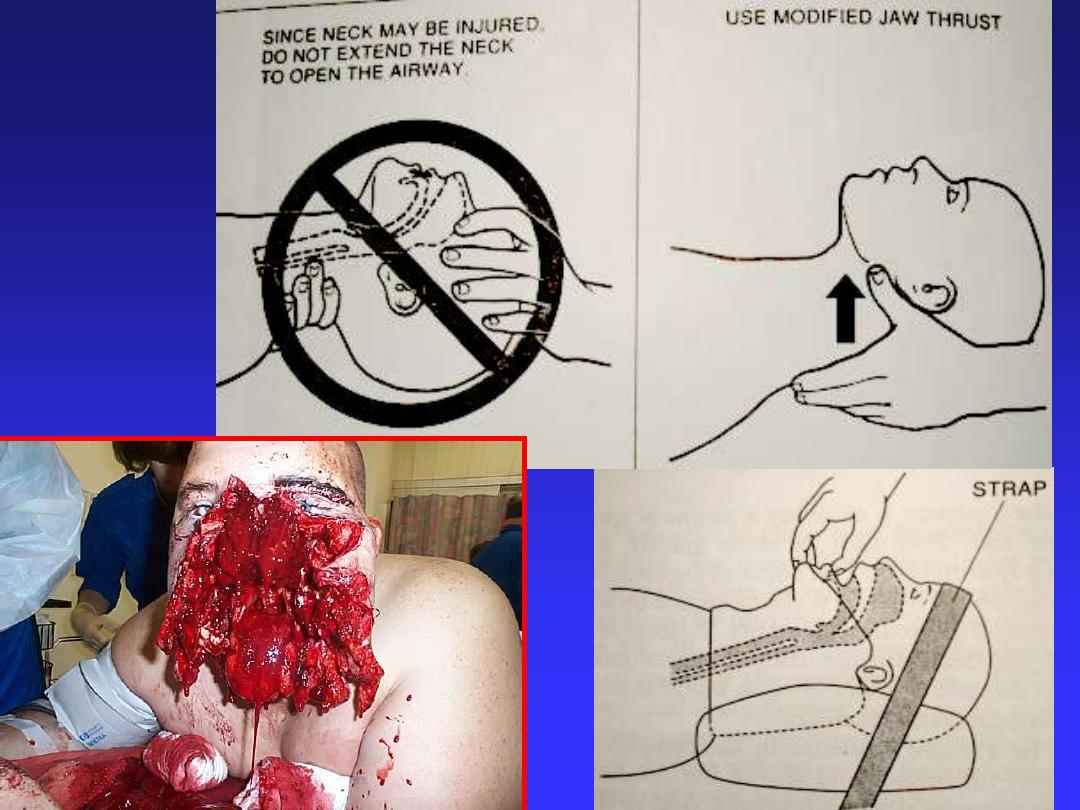
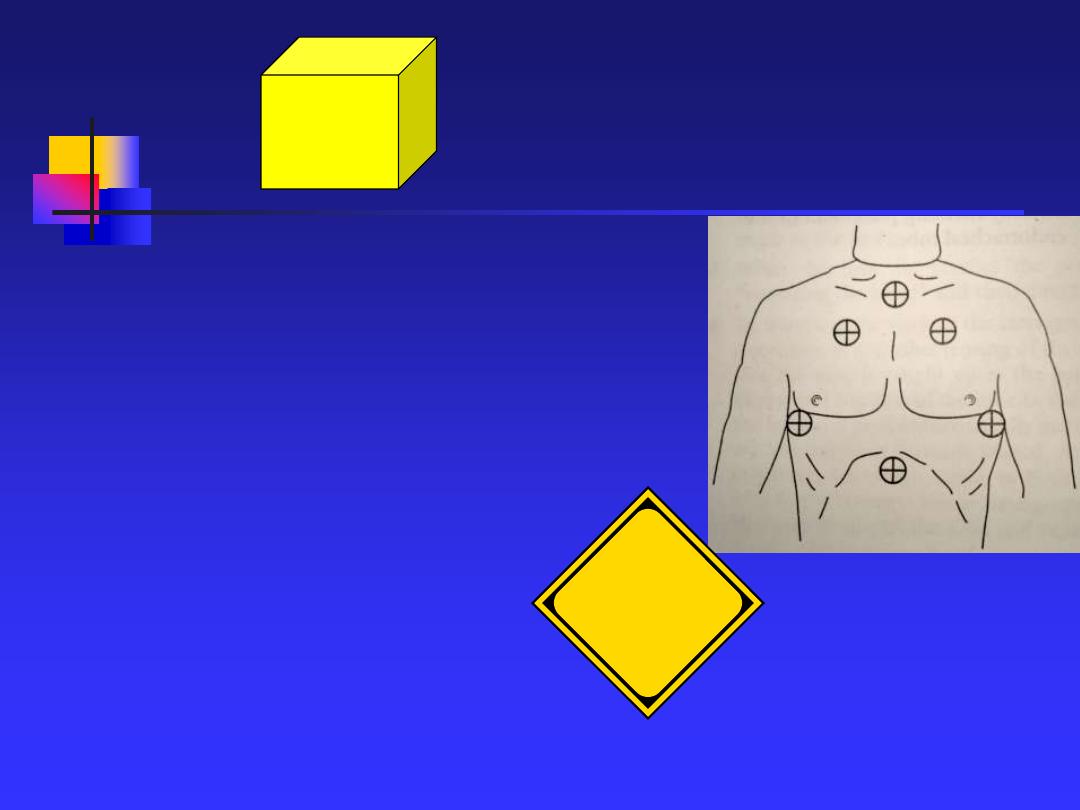
Primary
Survey
Assess and ensure adequate
oxygenation and ventilation
Caution
B
Airway obstruction
Tension pneumothorax
Open pneumothorax
Flail chest
Massive hemothorax
Cardiac tamponade
Life-threatening injuries?
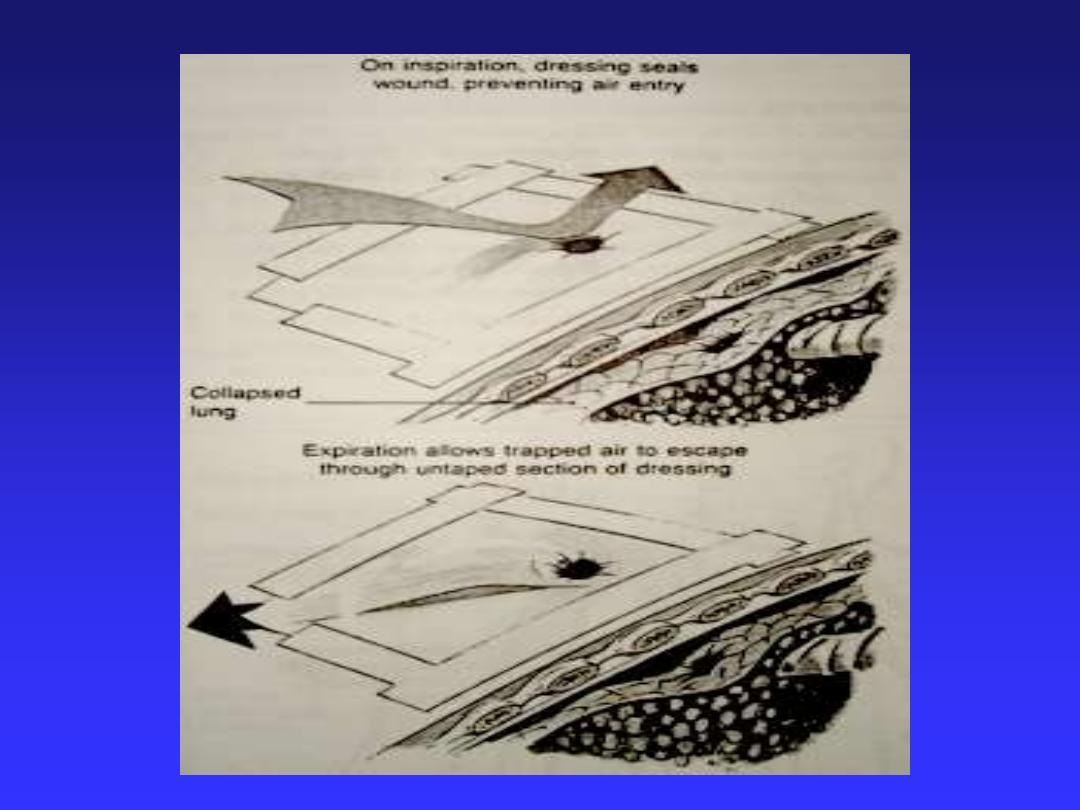
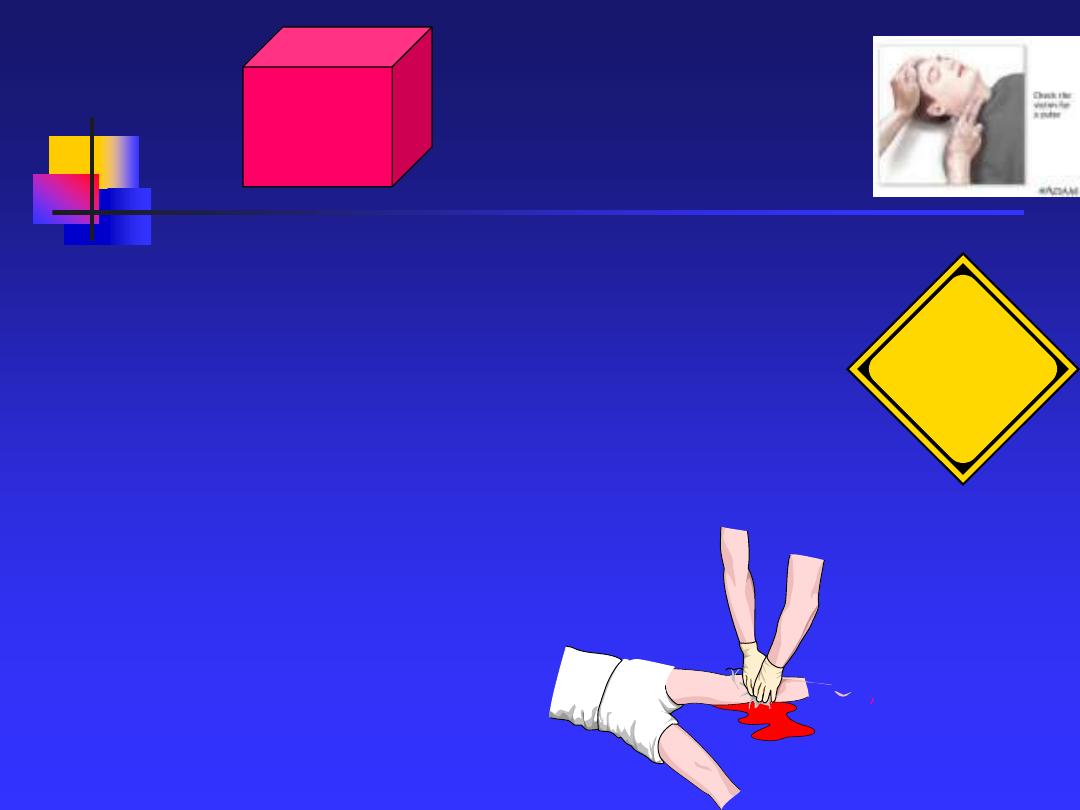
Assess for organ perfusion?
Level of consciousness
Skin color and temperature
Pulse rate and character
C
Primary
Survey
Pitfalls?
Elderly
Children
Athletes
Medications
Caution
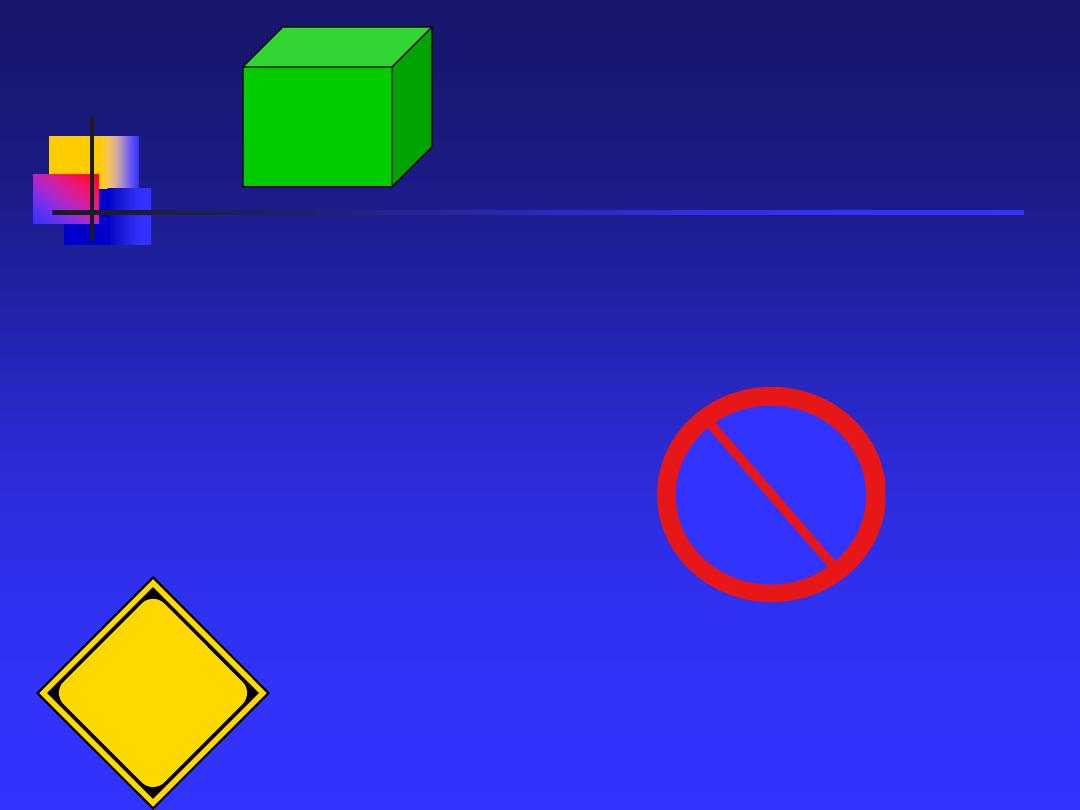
Disability
Baseline neurologic evaluation
GCS scoring
Pupillary response
Caution
Observe for neurologic
deterioration
D
Primary
Survey
A V P U
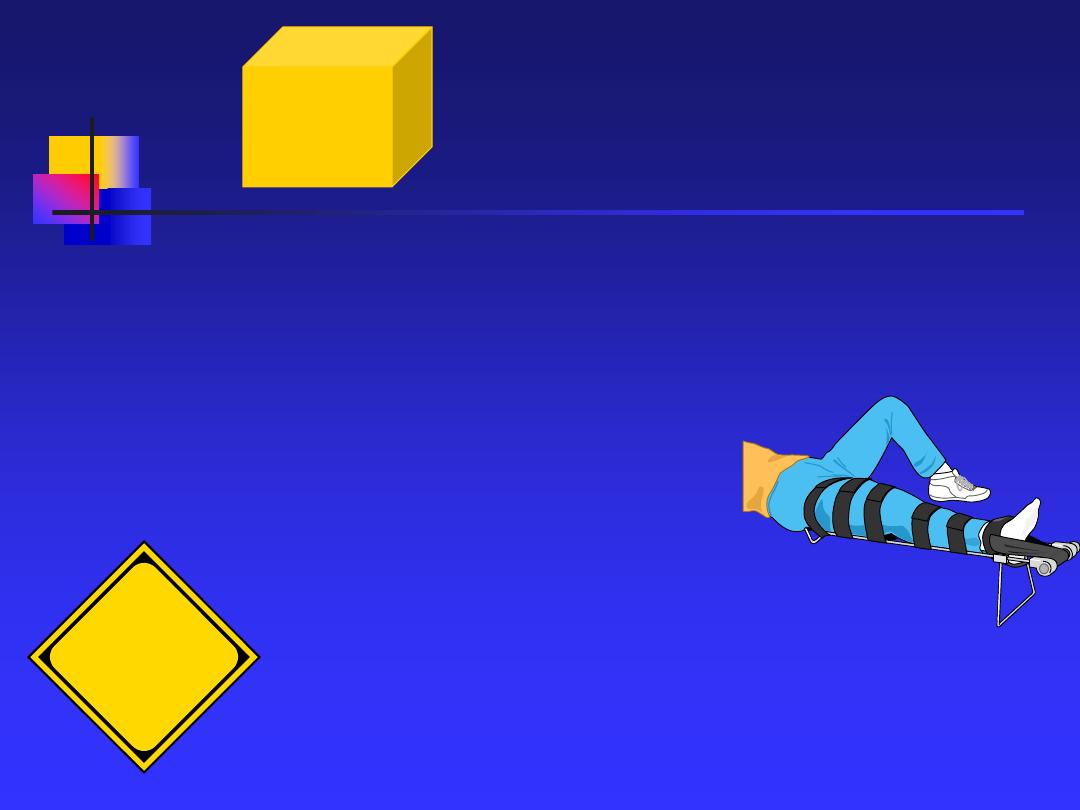
Completely undress the patient
Caution
Prevent hypothermia
E
Primary
Survey
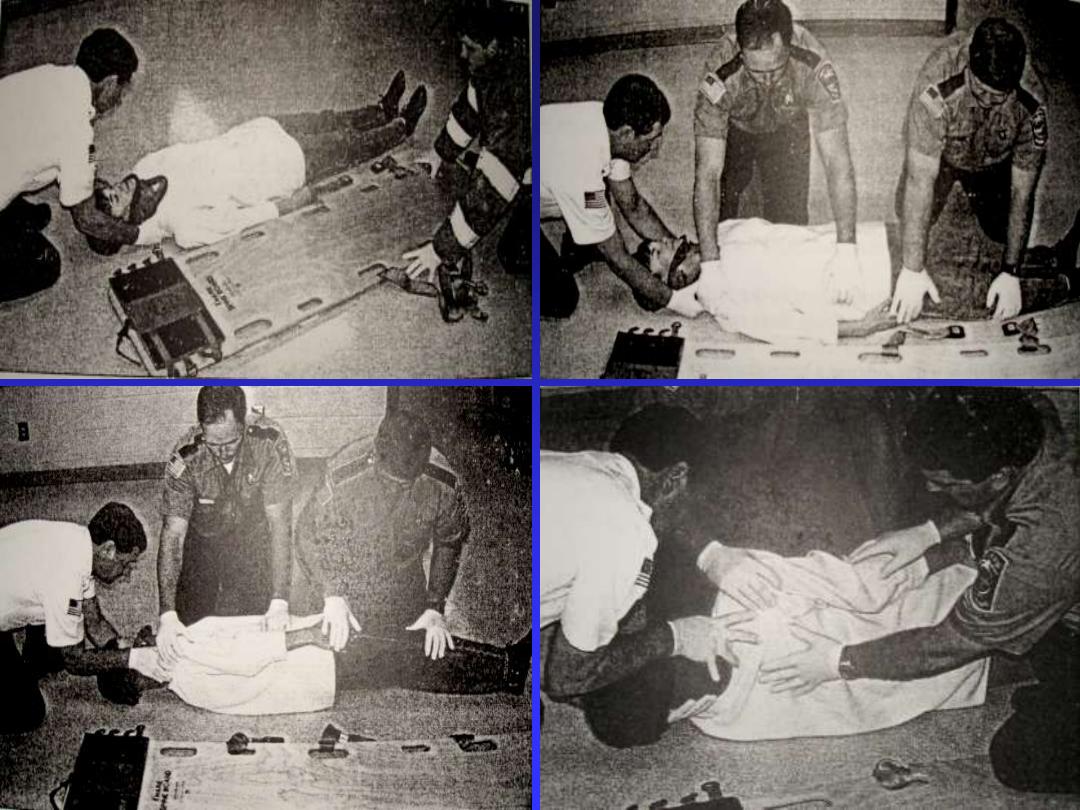
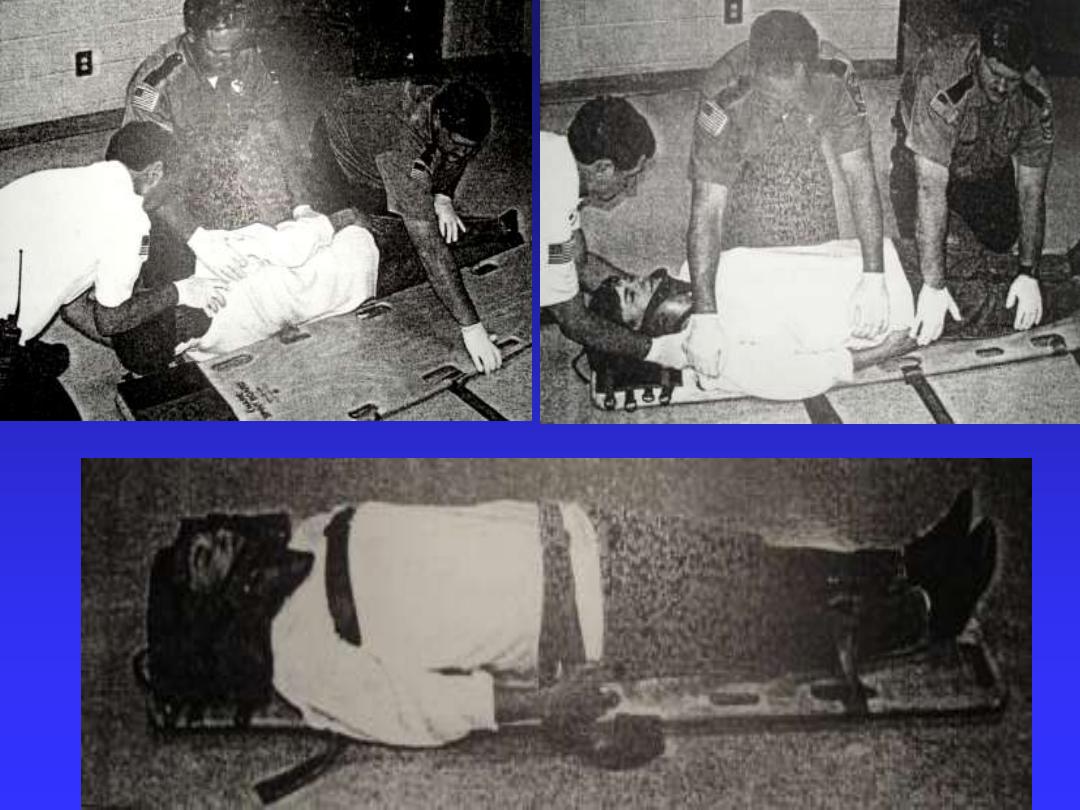
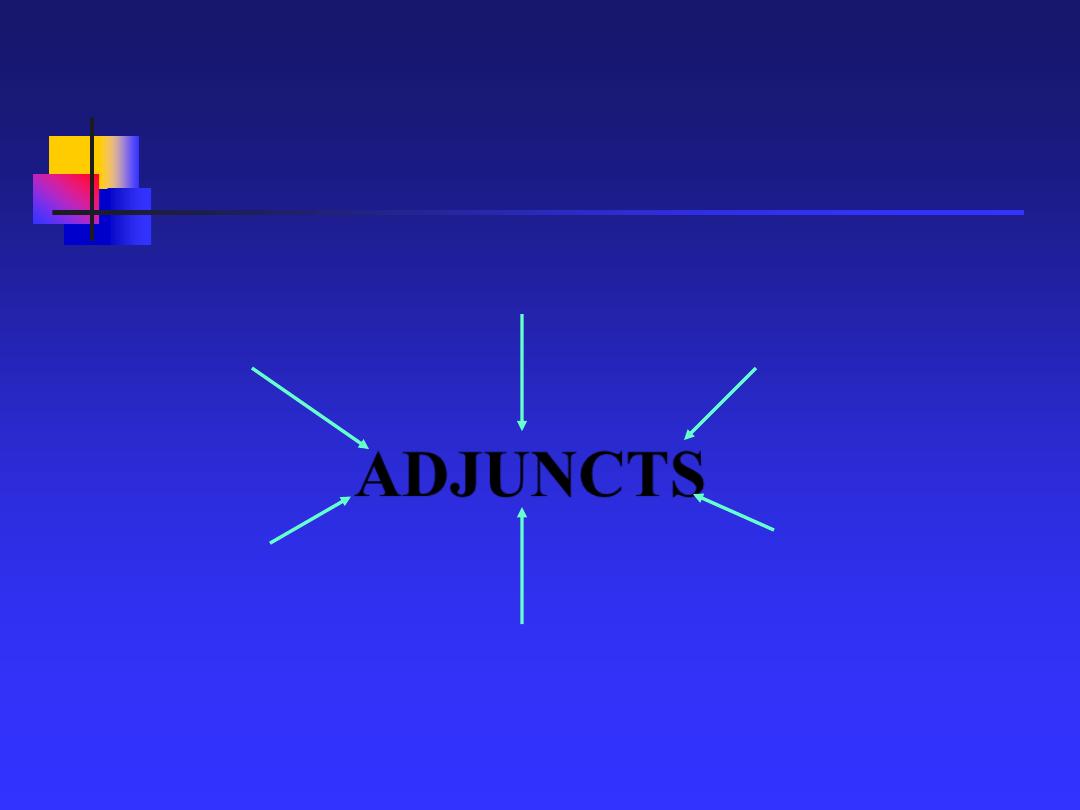
Adjuncts to Primary Survey
ADJUNCTS
Vital signs
ABGs
Pulse
oximeter
and CO
2
Urinary / gastric catheters
unless contraindicated
Urinary
output
ECG
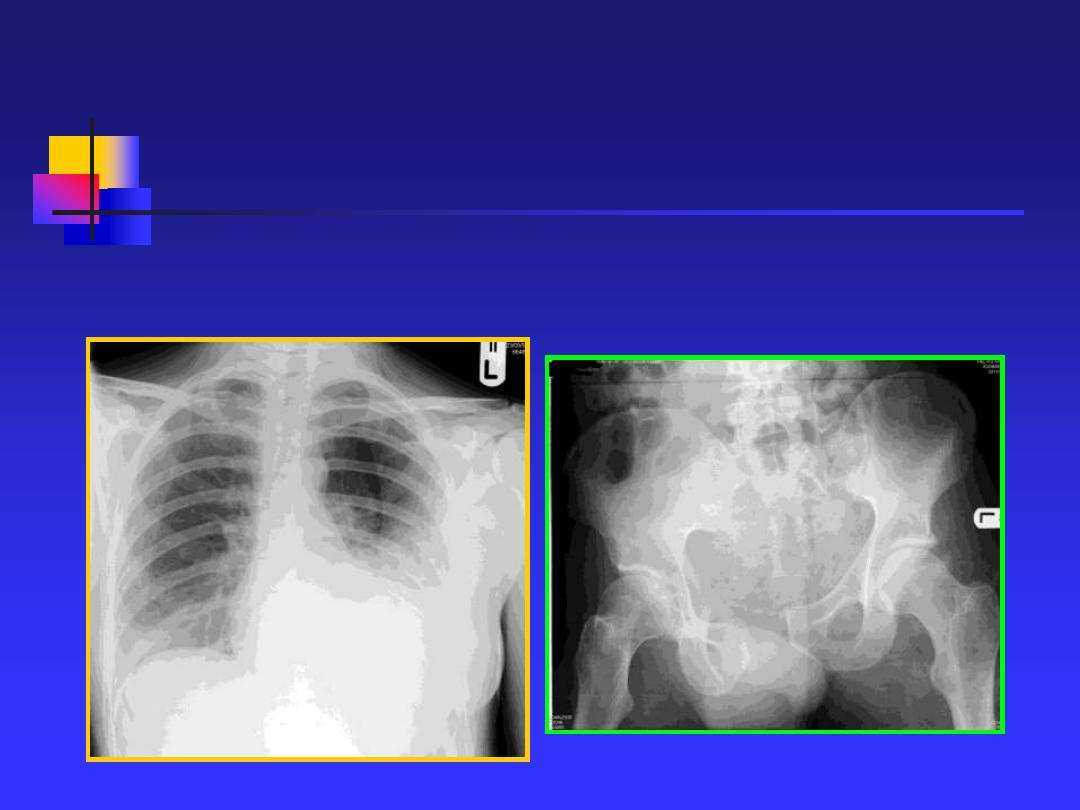
Adjuncts to Primary Survey
Diagnostic Tools

Adjunct to Primary Survey
F
A
S
T
F
ocused
A
ssessment
S
onography in
T
rauma
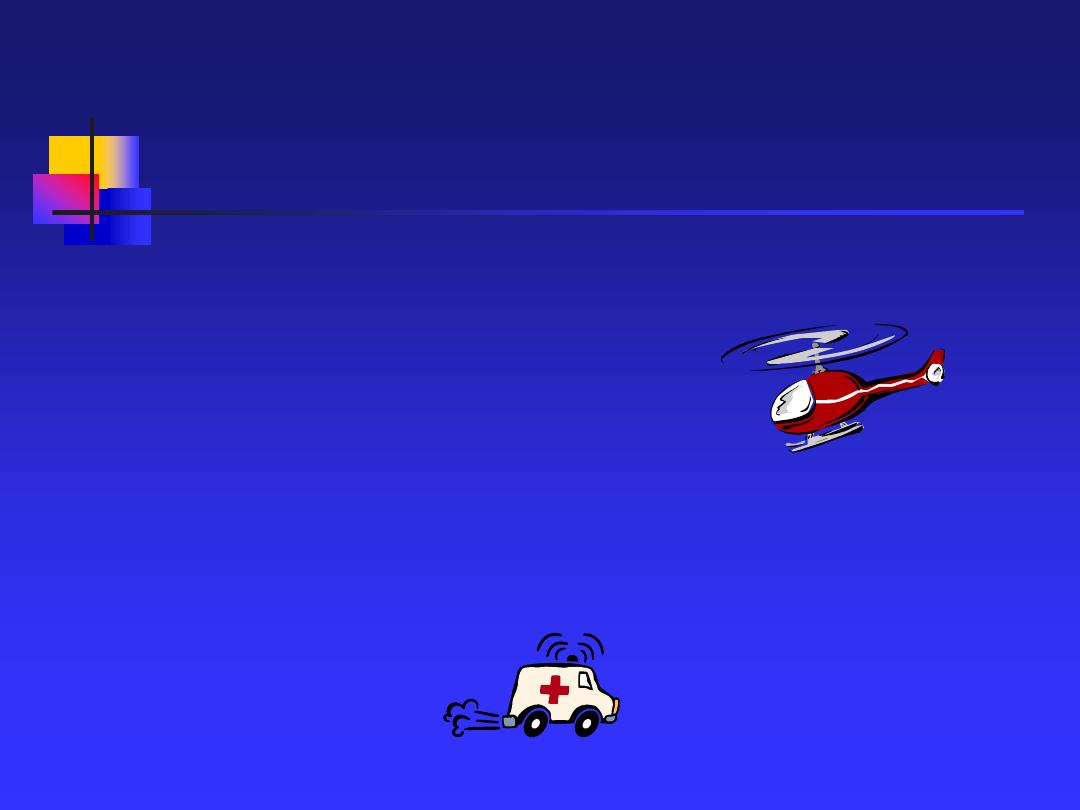
Adjuncts to Primary Survey
Do not delay transfer for
diagnostic tests
Use time before transfer for
resuscitation
Consider Early Transfer
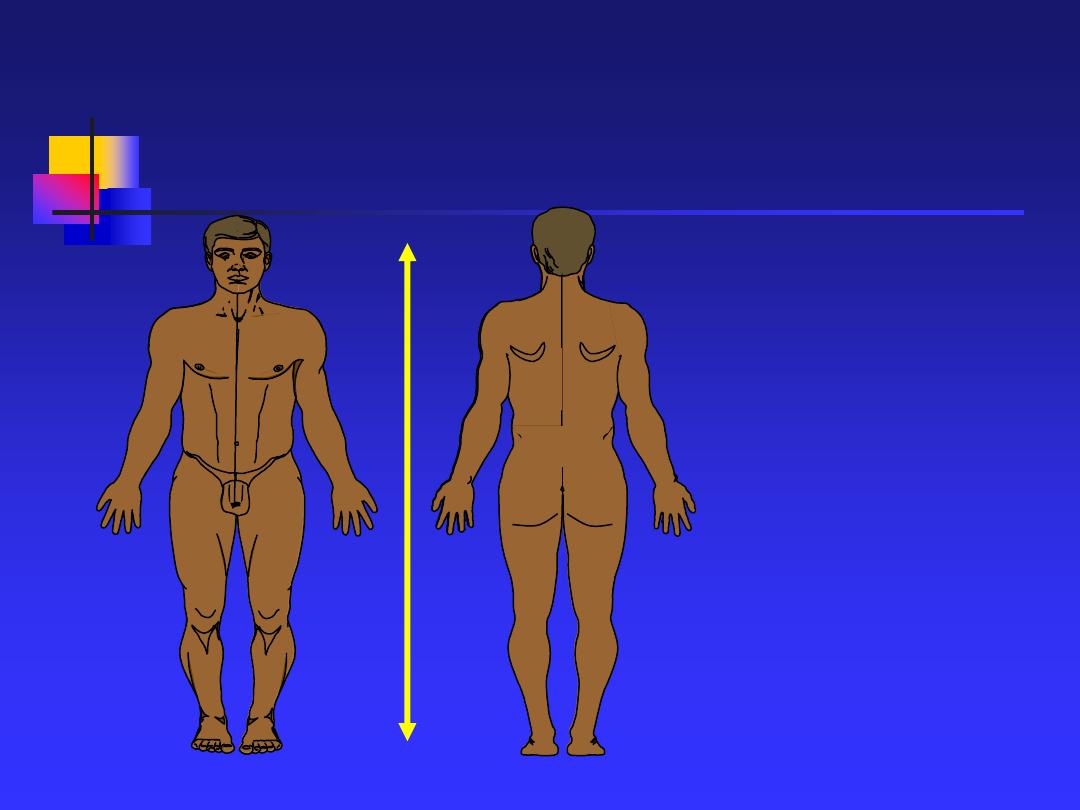
What is the secondary survey?
The
complete
history and
physical
examination
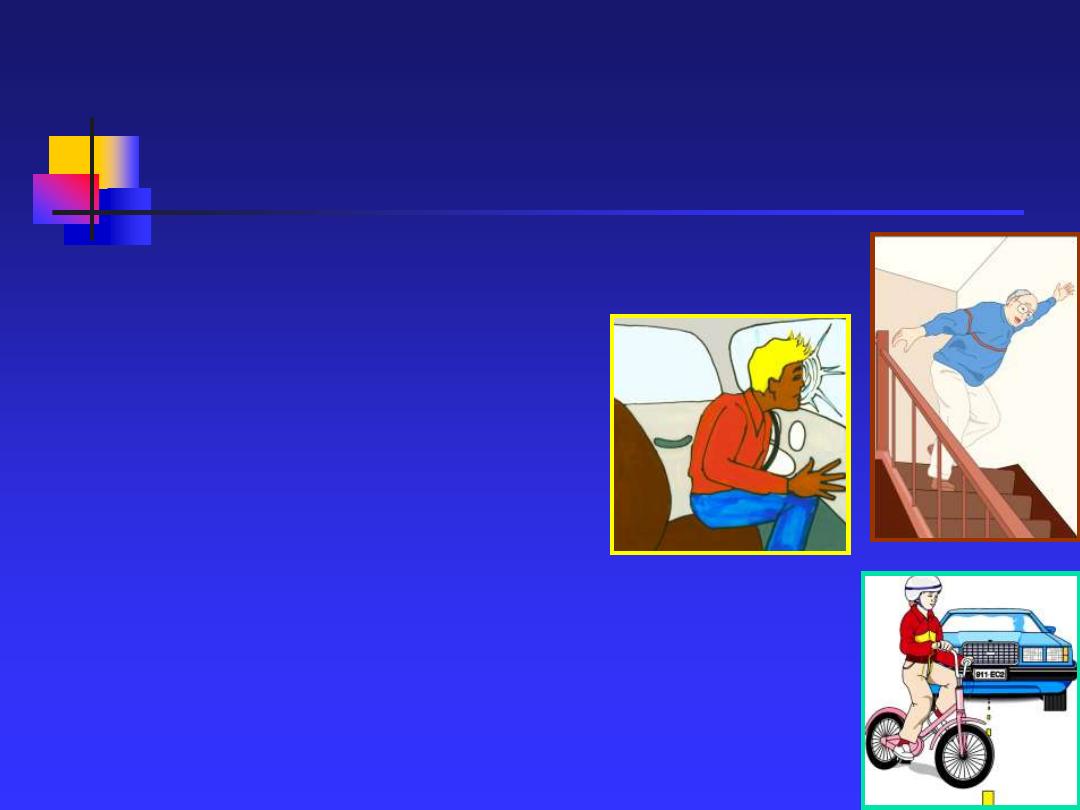
Secondary
Survey
History
A
M
P
L
E
Allergies
Medications
Past illnesses, Preg.
Last meal
Events / Environment

Secondary Survey
GCS Score
Neurologic exam
Comprehensive
eye and ear exam
Unconsciousness
Periorbital edema
Occluded auditory
canal
Head
Pitfalls?

Secondary Survey
Bony crepitus
Deformity
Malocclusion
Potential airway
obstruction
Cribriform plate
fracture
Frequently missed
Maxillofacial
Pitfalls?
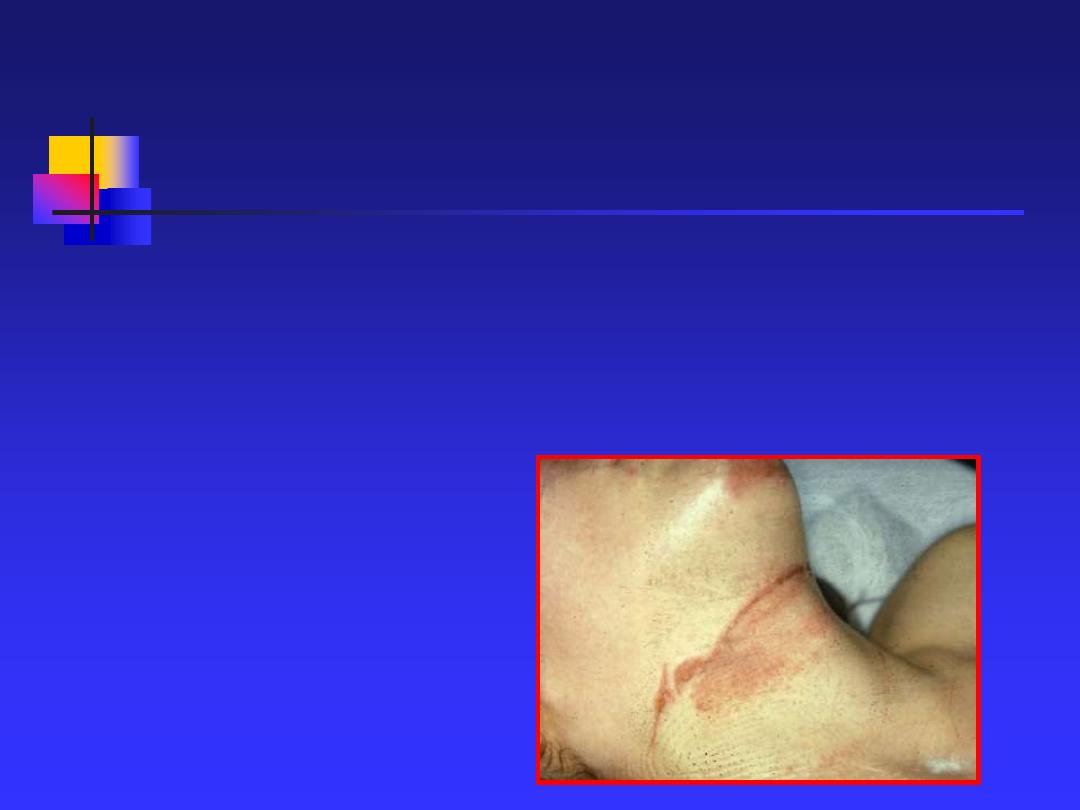
Secondary
Survey
hematoma, distended veins, Crepitus,
central trachea, bruit
Neck (soft tissues)
Cervical Spine
Tenderness
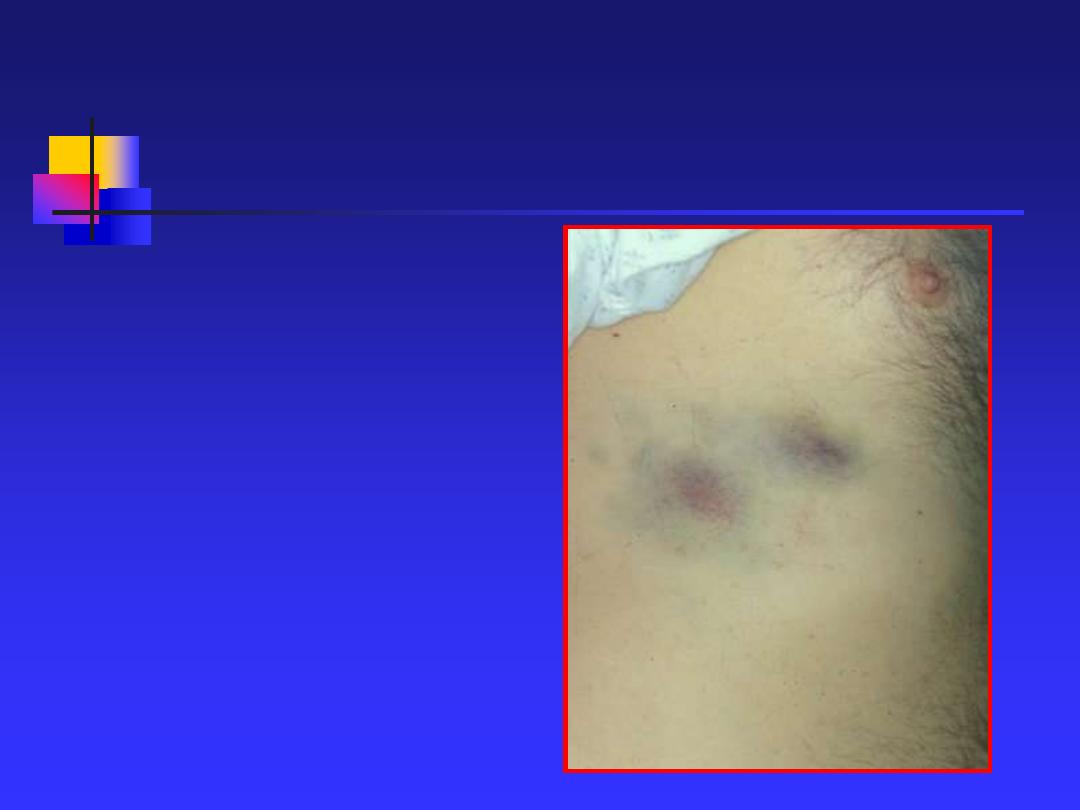
Secondary Survey
Inspect
Palpate
Percuss
Auscultate
Obtain x-rays
Chest
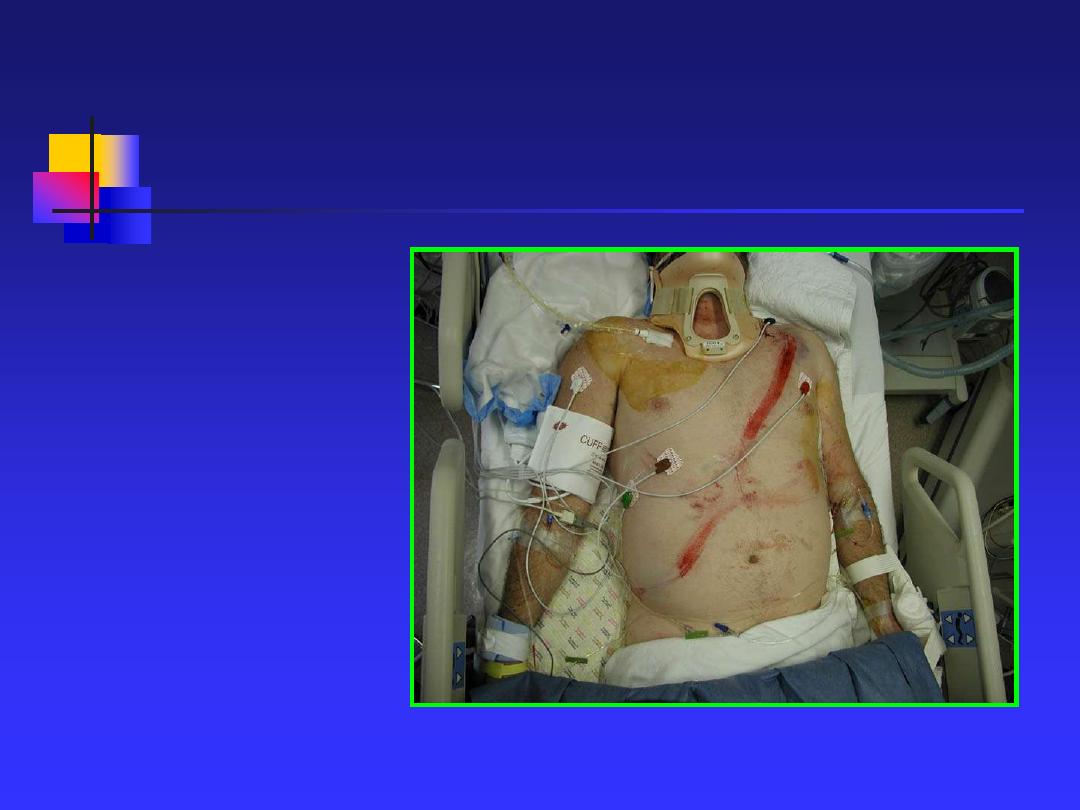
Secondary Survey
Inspect
Auscultate
Palpate
Percuss
Reevaluate
Special studies
Abdomen

Secondary Survey
Rectum
Sphincter tone, high-riding
prostate, pelvic fracture,
rectal wall integrity, blood
Vagina
Blood, lacerations
Contusions, hematomas,
lacerations, urethral blood
Perineum
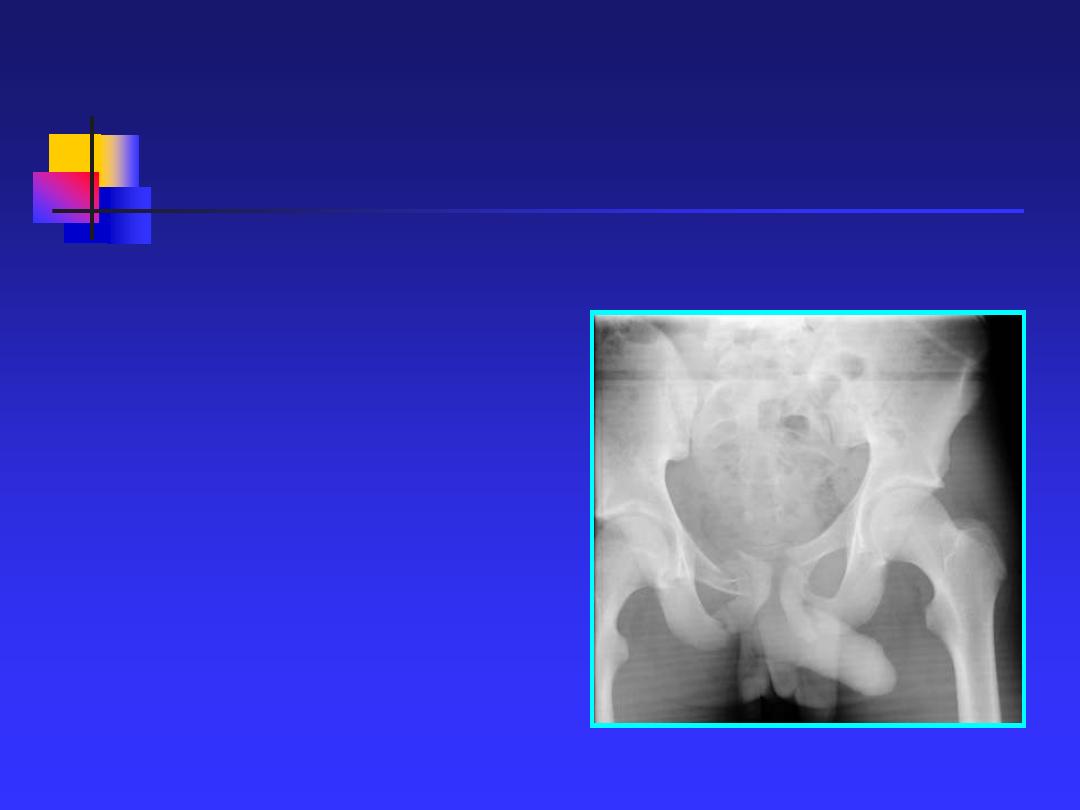
Secondary Survey
Musculoskeletal: Pelvis
Pain on palpation
Symphysis width
Leg length unequal
Instability
X-rays as needed
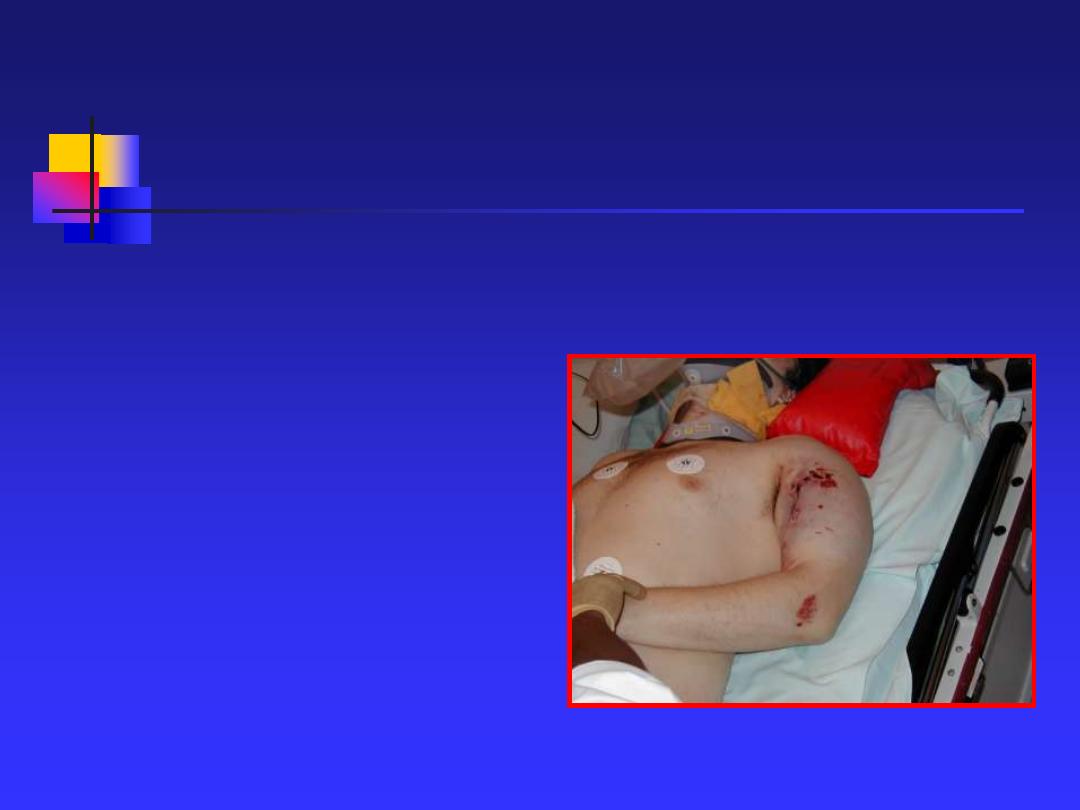
Secondary Survey
Musculoskeletal: Extremities
Contusion, deformity
Pain
Perfusion
Peripheral
neurovascular status
X-rays as needed
Compartment syndrome

Secondary Survey
Neurologic: Brain
GCS Score
Lateralizing signs
motor and sensory
Reflexes
Prevent secondary brain injury
Early
neurosurgical
consult

Adjuncts to Secondary Survey
Special diagnostic tests as indicated
Pitfalls?
Patient deterioration
Delay of transfer
US , CT , Endoscopy ,
Angiography ,
XR (thoracolumber ,
extrimities)

Pain Management
Relief of pain / anxiety as appropriate
Administer intravenously
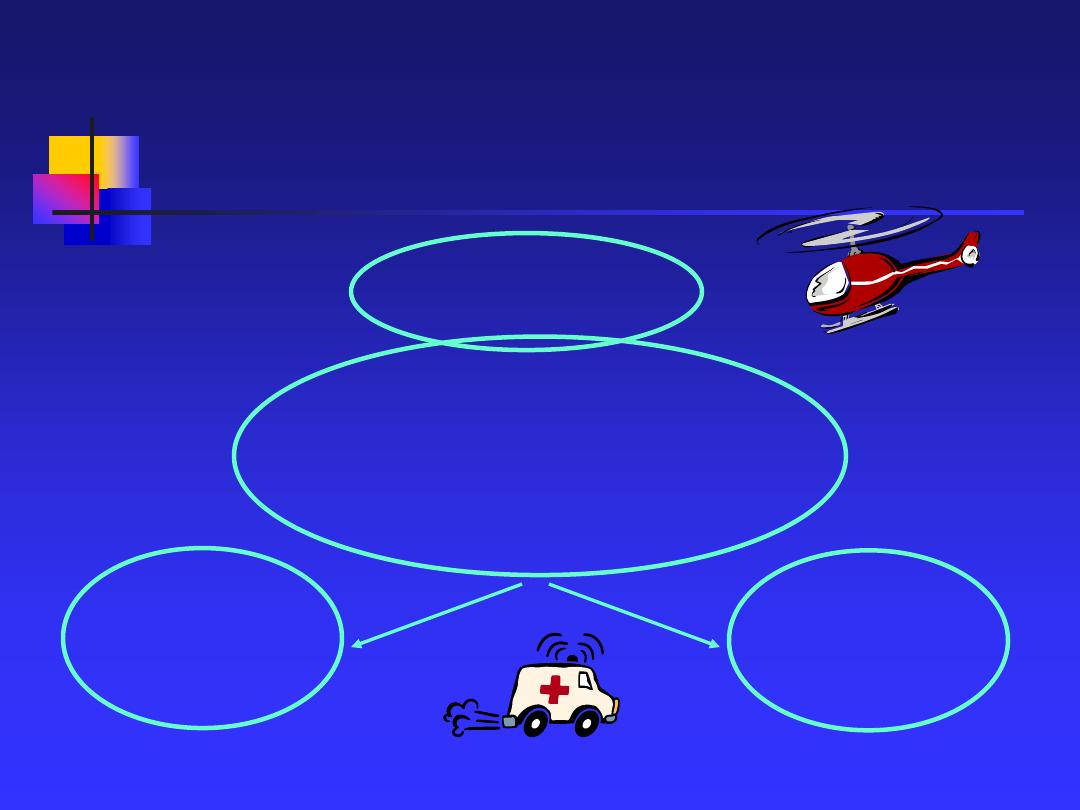
Transfer to Definitive Care
Transfer agreements
Local resources
??
??
??
??
Trauma
center
Specialty
facility
Local facility

Summary
Primary Survey
Resuscitation
Definitive Care
Secondary Survey
Adjuncts
Adjuncts
